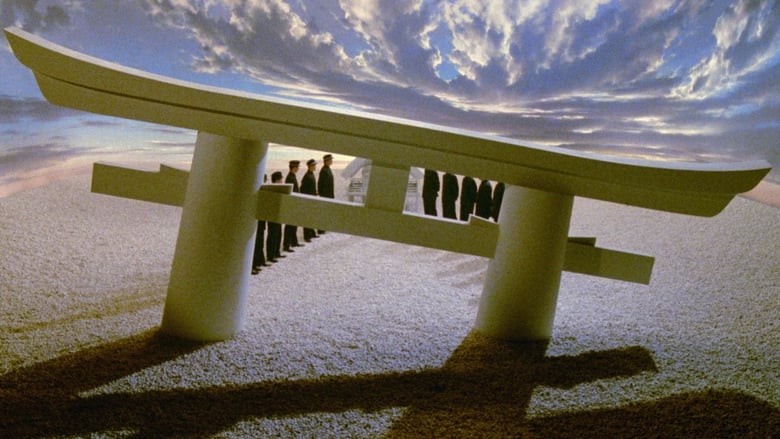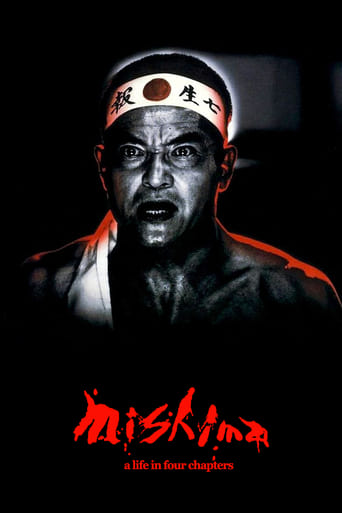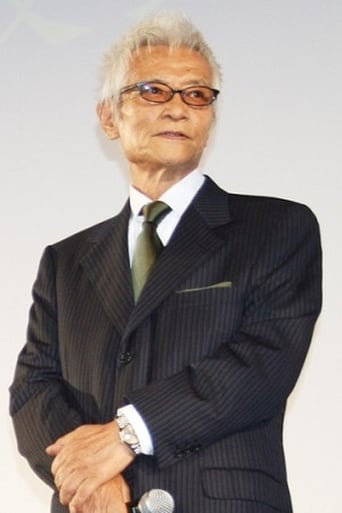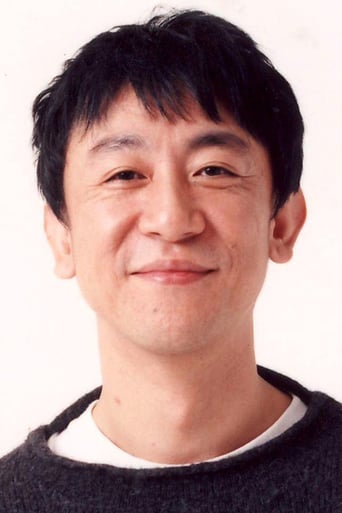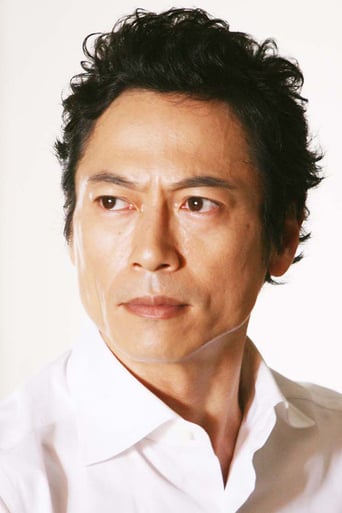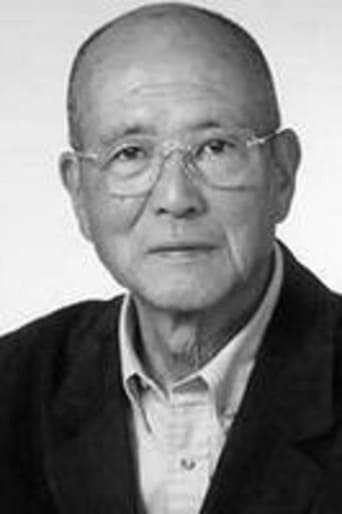A fictional account of the life of Japanese author Yukio Mishima, combining dramatizations of three of his novels and a depiction of the events of November 25th, 1970.
Similar titles


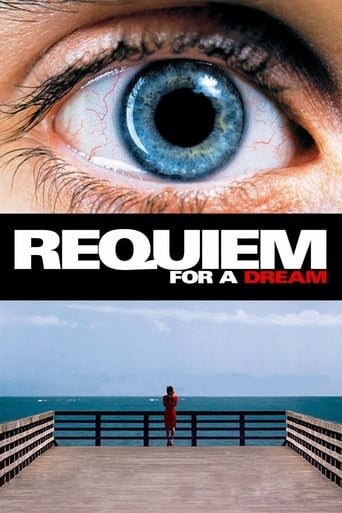
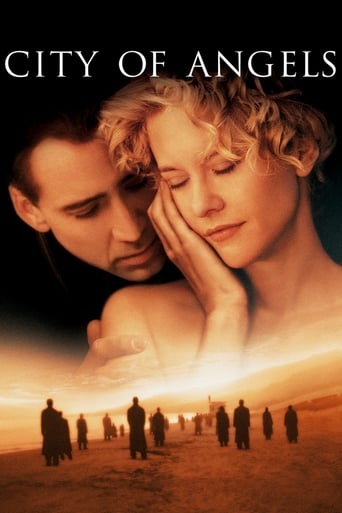

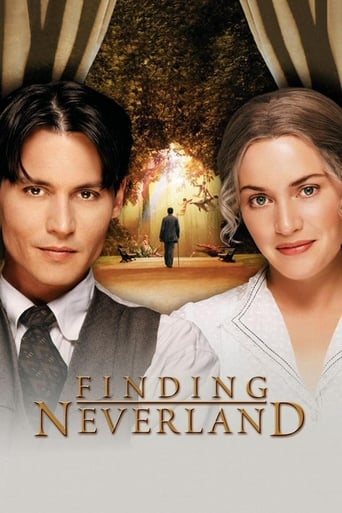
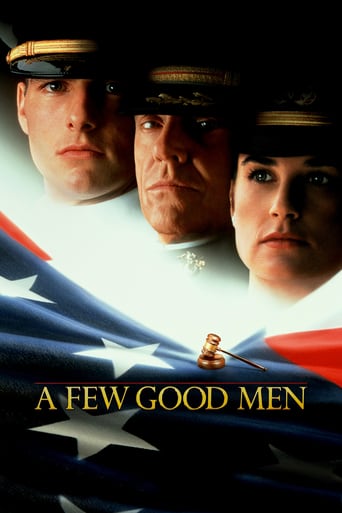

You May Also Like
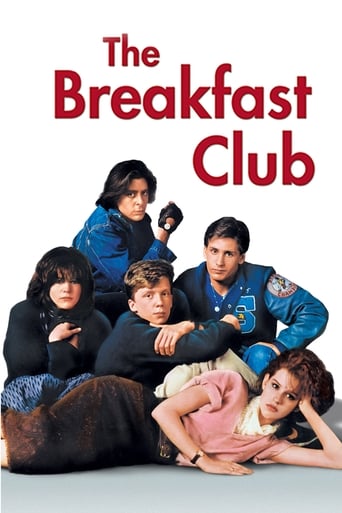

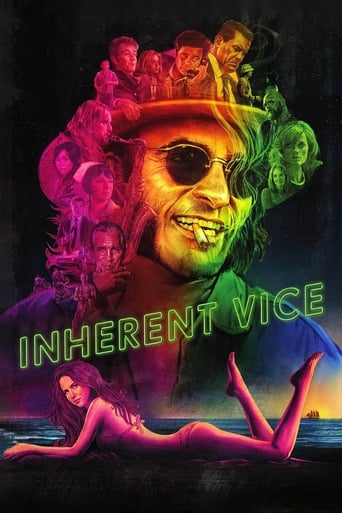



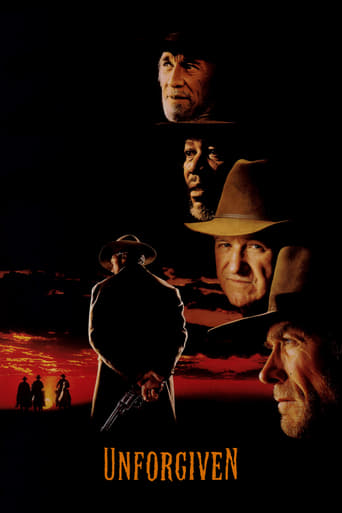

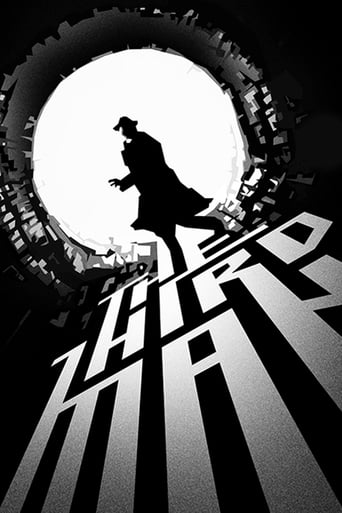
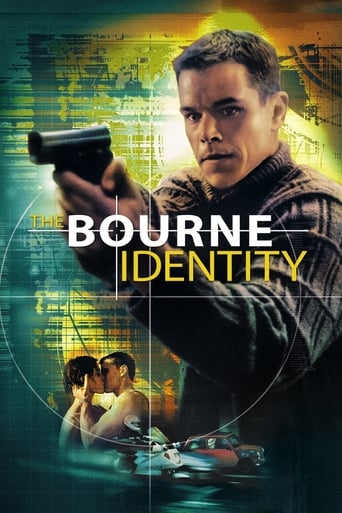
Reviews
To me, this movie is perfection.
Pretty Good
This story has more twists and turns than a second-rate soap opera.
The acting in this movie is really good.
A fictionalized account in four segments of the life of Japan's celebrated twentieth-century author Yukio Mishima. Three of the segments parallel events in Mishima's life with his novels.This is a great film. I confess I really never heard of Yukio Mishima, and probably never read a single thing he wrote. But here he is brought to life and tells a story larger than life itself. Is it completely historically accurate? You know, probably not. But the details are not so much important here as the art itself.What is perhaps most strange is who brought this tale to life: Paul Schrader. Brilliant, artistic, but not the first name you would expect when it comes to Japanese history and literature...
Oh, how the critics fell all over themselves to praise their goldenboy Paul Schrader (author of Taxi Driver) when this movie came out. I never saw the qualities they were detecting when I watched this movie back in the day, so I re-viewed it, to see if I got it wrong. Mishima is extremely uninteresting. This is a chilly, unremarkable movie about an author living/working in a chilly abstruse culture. The flat reenactments don't hold your attention because they are emotionally adrift and stagy. And the rest of it just sits there being awful... with soldiers singing songs about the masculinity they pledge themselves to, hairsplitting about purity, the admiration of swords, etc.It must be a triumph when you learn you've landed Philip Glass; but then you have to get something out of him. Glasses score offers not a whit of distinction from his other work, nor does it provide the film any perceptible value. In 2010 it should be clear to anyone that Schrader squandered his career on work of no impact or importance (Cat People, AutoFocus, Light Sleeper, Patty Hearst, American Gigolo). He can bore you to pieces, and kill the momentum of a movie, quicker than anyone else. Schrader has made a resume full of lousy, amateurish films.
Mishima: A Life in Four Chapters is an emotional mosaic of a film, there is as the title suggests a clear structure of four chapters, but inside these are three separate - but cohesively linked through what they observe in the character of Mishima - modes of storytelling. They can be broken down as past (From childhood to the last day of his life), present (a real-time following of Mishima, ending with his famous act of public seppuku) and imagination (Three of his novels brought to life). It's rare that a film is so interconnected through style, substance and structure, the organised wholeness reflecting the subconscious life-long mission of perfection that Mishima embarks upon, ending in (when observed as a whole) what seems like a predestined fusion of artistic expression, destruction and a longing to change the world. There is a rolling development to the character, glimpses of ideas and emotions in his past are exposed and consciously studied in his novels, and are fully realised in his final act of self-crafted spiritual beautification, an act which can be viewed as culmination of the depths probed in the first three chapters of the film; art, beauty and action. The final chapter, The Harmony of the Pen and the Sword, is the most honest and brutally real, no novel to hide his extreme personality and ideals, baring his soul forcefully through protest and finally destroying himself at his highest point of honour and power.The film is incredibly arresting, the style different for each mode, each with its own visual language and manner of exploring Mishima. His past, in harsh black and white, is shown in an un-probing way, in a near historical-recollection fashion, and we simply follow his life. At first the novel sequences are quite jarring, they are so vibrant, raw and colourful, full of telling compositions and beautifully crafted, hyper-stylised sets. They are all rooted in total blackness, like they've just sprung up in Mishima's mind (occasionally the novel sequences are preceded by a scene of Mishima writing), the absorbing artificiality of it all is at odds with the shut-out realistic style of his past. It's a bold move to blend such opposite visual storytelling techniques, but the events of his past amalgamate with the beauty and emotional forwardness of the novel sections to fully conjure up Mishima. Neither would work on its own, but together they work as one and fill in the gaps that they other left out, the lack of expression in his past is filled with the constant rampage of passion found in the novel sequences, and the lack of conjunction of each novel sequence is an irrelevance as they compose of crucial elements we are now able to see reflected in Mishima's past life, and most importantly his final day. Starting with Mishima getting ready, there's a roaming kineticism to the camera. The focus is stuck on Mishima, gliding over his immaculate army uniform and watching him button up in close up. It's a very finalised way of shooting, like everything is being seen for the last time so is given a grand send-off. He is followed documentary style, hand-held camera and tracking shots structured in real-time. This almost displaces Mishima in the external world, in some ways casting him in a different light, making him seem like a determined mad man in a world full of coasters. Philip Glass' score is outstanding, punctuating Mishima's fixed path with absorbing rushes of sound. Like Mishima, the score has an evocative presence, a complicated array of short stabs of strings and bells, repeated over and over again but never faulting in aiding the visual climate.The film is an interpretation of Mishima, but is surprisingly without conclusion. This is not a flaw, Schrader bravely chooses to avoid judgment or criticism, putting Mishima in an as-close-to objective light as possible. Through the sociological fundamentals of sexuality, political action, art, and the body, Mishima attempted to perfect himself. He achieved great literary success, he body-built himself into a towering statuesque figure, he formed a private army of dedicated fellow traditionalists. What conclusions can be drawn from these achievements? Many, but I believe that Mishima is a man who never lost his childlike yearning to change the world. He carved his own destiny out of his body and his work, set his mind on a clear path early on and obstinately followed it to the glorious end. Whether or not one agrees with his life's work, I cannot help but admire his yearning for fullness. Someone who is so rigid and immovably confident in everything he does may seem unlikable, and he most certainly isn't a likable character in the strictest sense. He is, simply put, a self-formed piece of art. A piece of art that I cannot help but be fascinated by. Mishima: A Life in Four Chapters does the impossible and shows a life eternally connected to art, a life defined and destroyed through art, and fittingly it is a colossally profound and ambiguous work, a ravishing exploration of a man who melded integral desires of creation and impact together to shape something unique and special in himself, in death he was his own vision of perfection, even when the world was not.
"Mishima: A Life in Four Chapters" is one of those films which is extremely hard to write about simply because it hit me on such an emotional level and stunned me with its artistry to the point where writing a review or comment on the film seems trivial and useless. Hence, this will be rambling and poorly-written, but I'll give it a shot anyway.The easiest thing to talk about when discussing "Mishima: A Life in Four Chapters" is the technical elements of the film. The narrative is superb and fairly original with a fine script by Chieko, Leonard, and Paul Schrader and Schrader's decisions as director are pretty much faultless. Every stylistic turn the film took, every sequence which took a risk, and pretty much the whole time the camera was in motion I was utterly enthralled and fascinated with how well the film works as a film. Paul Schrader may not be as great a storyteller as some of the great directors are but in "Mishima" he proves that he is more than capable of being a wonderful storyteller if necessary. The film moves at an extraordinarily fast pace and one barely notices the passing of the two hours.I have to say, despite being a literature buff to an extent, I have never read anything by Mishima. I knew one or two things about Mishima, including the big ending to his story (which I won't reveal, to keep this spoiler-free) prior to seeing the film, but not much else. Perhaps this is why I felt, contrary to some others, that the film got progressively stronger and ended with a breathtakingly brilliant final act. I also found it completely refreshing how this biopic took no position on Mishima or the final act of his life- it is simply a portrait of a man, not a comment on his life. The Phillip Glass score is utterly brilliant. There is very little of this film that doesn't prominently feature it, which can come off as the result of a lack of confidence from the director, but in this case it is used superbly well in the film. The score is original, vibrant, interesting, and memorable- much like the film itself."Mishima: A Life in Four Chapters" is a film that is certainly ripe for interpretation and analysis. I am not going to attempt to provide either of those, mostly because I'm not really in a position to, and also because I found this a profoundly emotional experience, a film of such artistry that it is a film that everyone should experience without preconceived notions of quality or content and one that everyone should attempt their own analysis of. It's that special. It's that good.10/10
Top Streaming Movies











